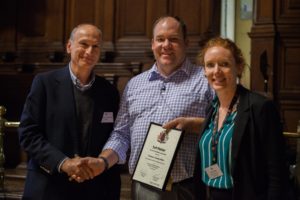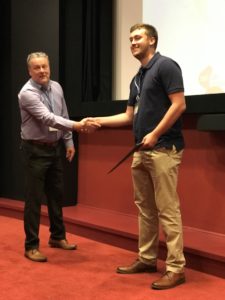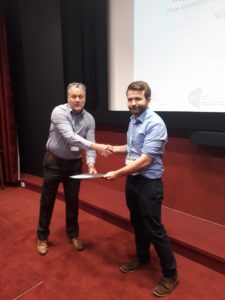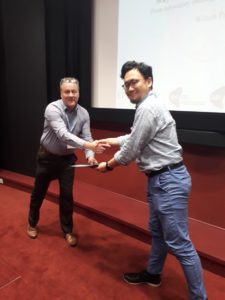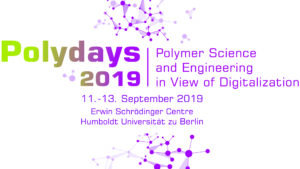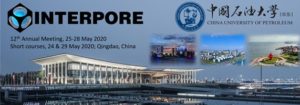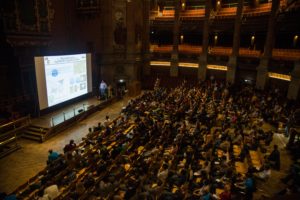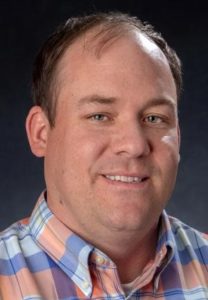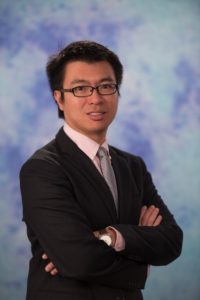Cancer metastasis is believed to be responsible for about 90% cancer mortality1. Despite tremendous efforts that have been devoted to identify biochemical markers for the onset of metastasis, the early diagnosis of malignant tumor remains challenging. Apart from interacting via biochemical signals with their surroundings, cancer cells are also actively generating forces and remodelling their mechanical microenvironment to survive and thrive, or even worse, to colonize new territories. In a recent paper published in Soft Matter, Zhang and others from the Pennsylvania State University established a traction force threshold that can be potentially used as a biomechanical marker for the onset of metastatic-like dispersion of cancer cells.
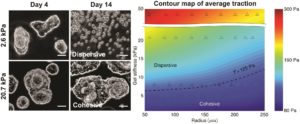
Spatiotemporal evolution of traction and intercellular tension in HCT-8 cell colonies cultured on soft and stiff hydrogel.
Upon prolonged culture of HCT-8 cells (a colon carcinoma cell line) on hydrogels with various stiffness, they found that their malignant transformation was both substrate stiffness and colony size dependent. HCT-8 colonies grown on soft hydrogels (2.6 kPa) remained cohesive throughout the two-week culture period. However, when cultured on stiffer substrates (20.7 kPa and 47.1 kPa), cells at the periphery started to disperse from their mother colony at day 7, until completely dispersed into individual cells at day 14. And size matters too. Dispersions in smaller colonies occurred earlier comparing to the larger ones.
Using traction force microscopy (TFM), researchers conducted a thorough study to correlate the cell-generated traction force with substrate stiffness and colony size. They revealed a fascinating spatiotemporal evolution of cellular forces during colony dispersion: cells on the verge generates critically higher traction forces comparing to colony interiors, ready to evade, until the onset of colony dispersion, where their forces start to decrease before completely vanished. Based on this traction force threshold, they further constructed a phase diagram to help predict colony cohesive/dispersive behaviour. When the force generated by the cells at colony boundary is big enough, they are more likely to metastasize. Interestingly, their dispersion behaviour could be efficiently suppressed by inhibiting their contractility, if treated at the right time.
The molecular mechanism behind remains to be further explored, but this study indicates the significant role of cell-generated forces in mediating cancer metastasis, which provides a new insight for the identification of early stage malignancy progression.
May the force not be with the cancer cells.
Reference:
1 Chaffer, C. L., & Weinberg, R. A. (2011). Science, 331(6024), 1559-1564.
Read the full article now for FREE until 31st October!
A traction force threshold signifies metastatic phenotypic change in multicellular epithelia
About the web writer
Zhenwei Ma is currently a Ph.D. candidate in Mechanical Engineering at McGill University. He holds a M.E. degree in Chemical Engineering at McGill University and a B.E. degree in Chemical Engineering from Sichuan University. Find out more about him here.











